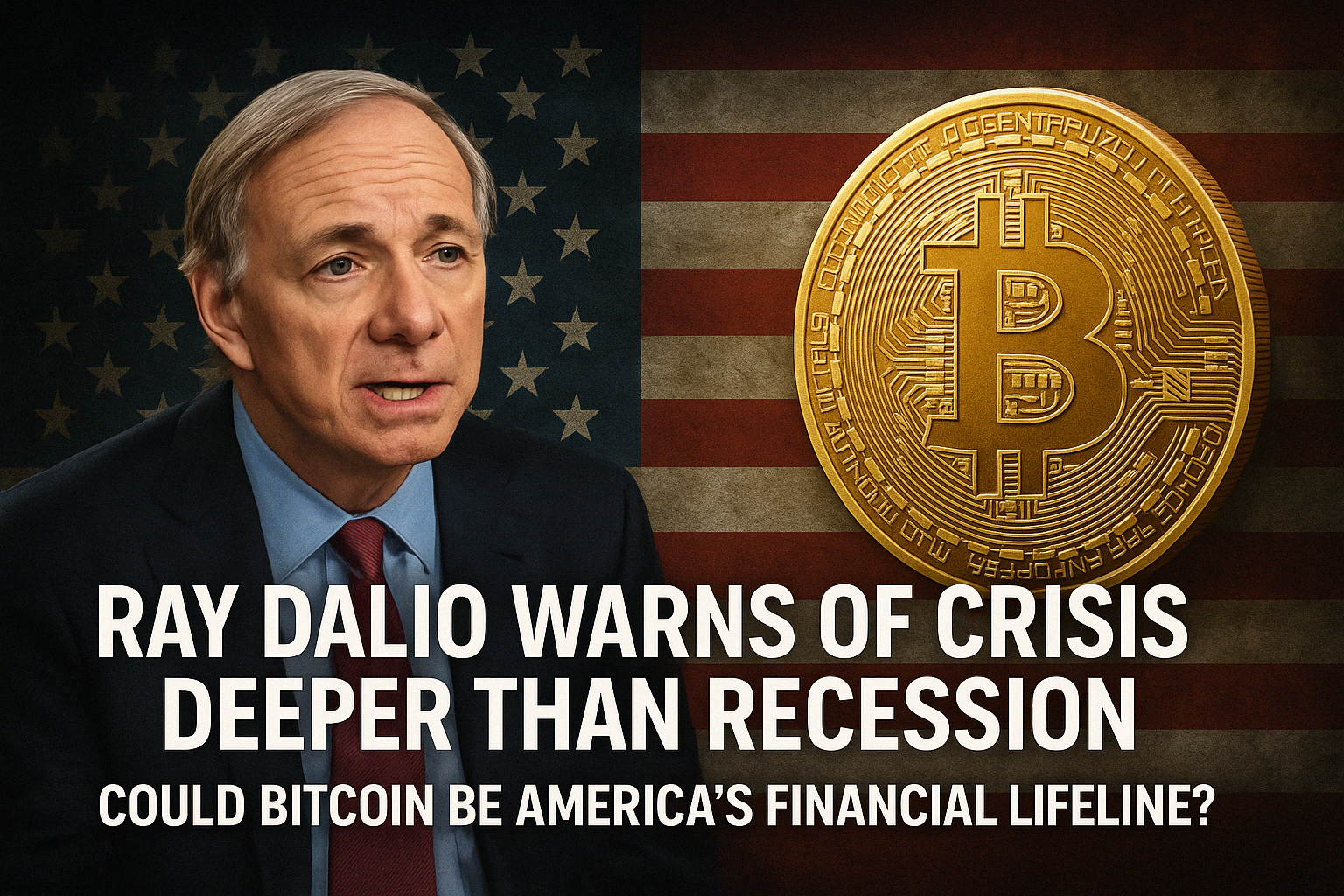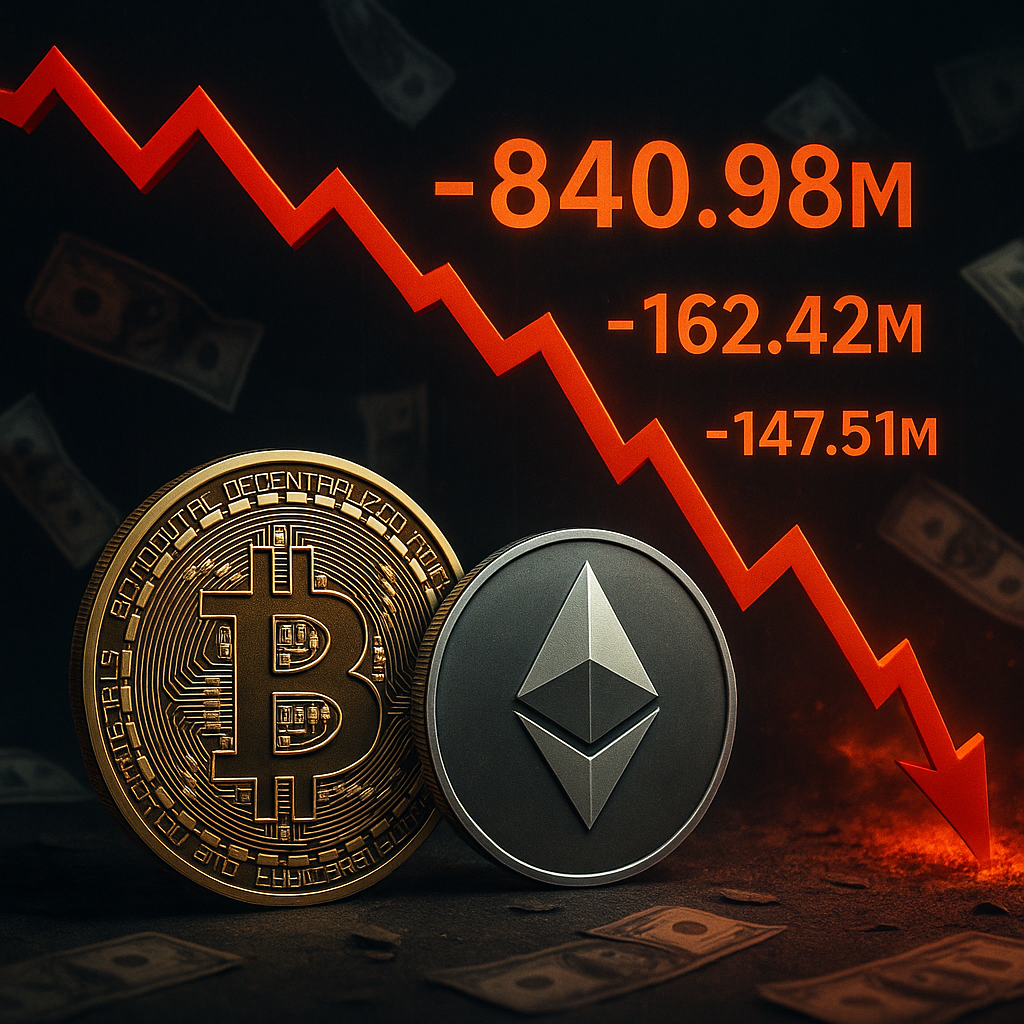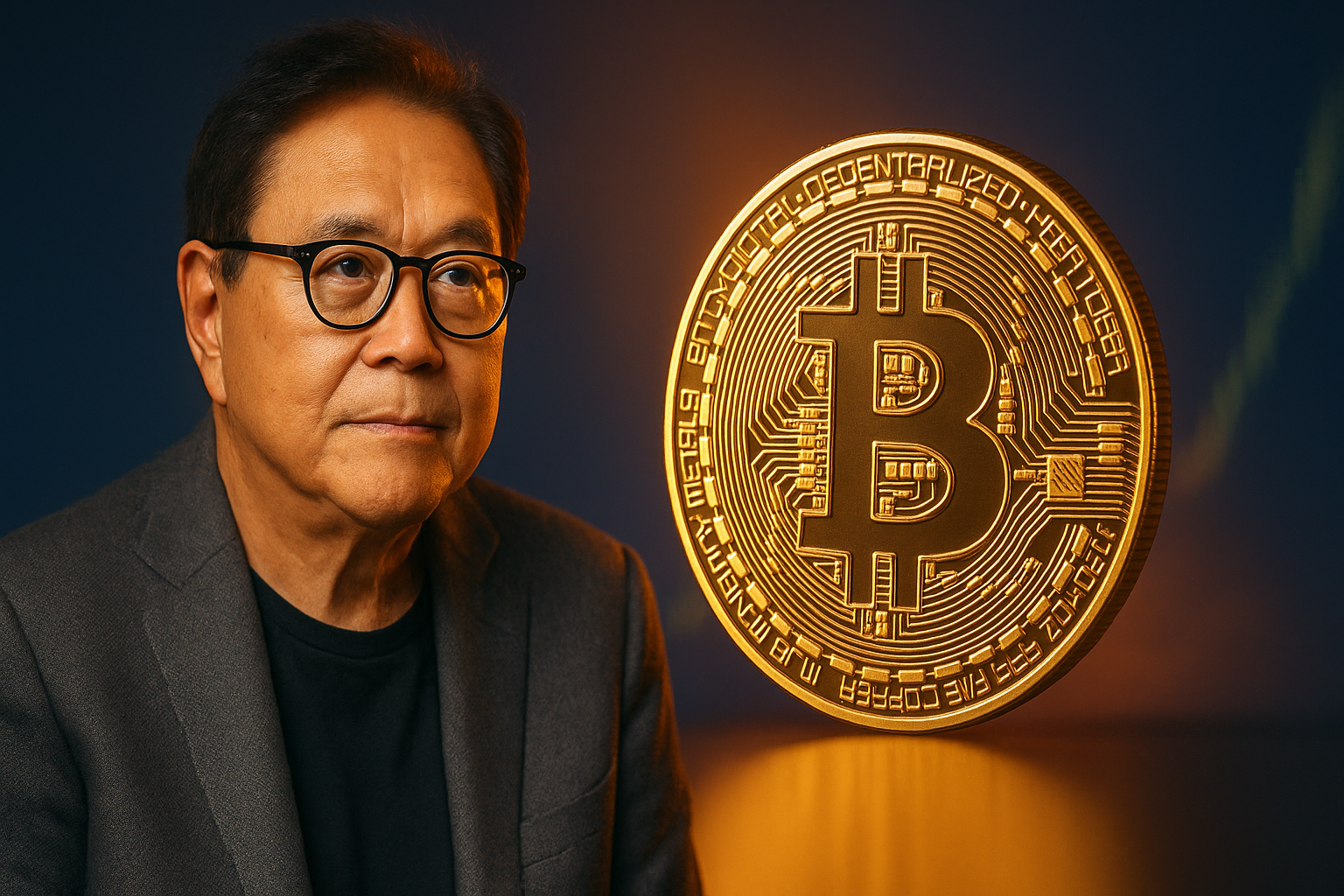On April 13, 2025, Ray Dalio, billionaire investor and founder of the world’s largest hedge fund, Bridgewater Associates, spoke with NBC’s Meet the Press. During the interview, he stated that the United States is nearing a critical juncture and warned that the nation is “on the verge of a recession.”
However, Dalio expressed deeper concern over the possibility of an economic crisis that could surpass a typical downturn. He also offered insights into what might help avert or soften the potential blow.
Dalio Warns: U.S. Headed for Crisis Deeper Than Recession
In an interview on NBC’s Meet the Press, billionaire investor Ray Dalio said the United States faces problems more serious than a typical recession. He described current tariffs as a symptom of deeper issues, including rising national debt, political polarization, and weakening institutional stability.
Dalio also pointed to external pressures such as global conflicts, rapid technological changes, and natural disasters as major contributors to the growing instability. He criticized tariff policies for being chaotic and poorly negotiated. However, he added that the situation may become clearer within 90 days, likely due to a temporary pause in new tariffs.
When asked about the risk of a recession, Dalio explained that a standard recession—defined by two consecutive quarters of negative GDP growth—is not his main concern. Instead, he warned of structural risks that could transform the U.S. economic and political system. He compared today’s trajectory to the Great Depression.
Dalio cautioned that an unchecked budget deficit could cause a supply-and-demand crisis for U.S. debt, potentially destabilizing the monetary system. If these financial pressures coincide with other existing challenges, he believes the outcome could be worse than both the 2008 crisis and the economic collapse of the 1930s. He also warned about increasing domestic unrest and did not rule out the possibility of U.S. involvement in a global military conflict, stating that the world order established after World War II may be at risk.
Tariffs Are Just the Surface, Says Ray Dalio
During his appearance on Meet The Press, Ray Dalio avoided specifics about the crisis he anticipates. However, days earlier, he posted a widely read piece on X titled “Don’t Make the Mistake of Thinking That What’s Now Happening is Mostly About Tariffs.” In it, he argued that tariffs are just a symptom of a much deeper issue: rising global debt imbalances.
Dalio explained that the existing economic model—where countries like China produce cheap goods for the U.S., accumulate American debt, and support a cycle of U.S. borrowing and consumption—is no longer viable. This structure, he noted, has eroded U.S. manufacturing and hollowed out middle-class jobs, leaving the country dependent on imports from a growing geopolitical rival.
Although he acknowledged tariffs could potentially drive some technological development and bring manufacturing back, he believes the real issue is the breakdown of an outdated global system. According to Dalio, the U.S. must choose between a managed transition or a disorderly collapse.
One viral response on X described the situation not as a trade issue, but as a planned dismantling of a flawed global order rooted in cheap labor and financial manipulation. While Dalio criticized the execution of tariffs, some still saw Trump’s approach as a possible corrective.
Dalio concluded that this crisis cannot be addressed through small policy changes. It requires a fundamental shift in the nation’s economic strategy.
Dalio Proposes a Way Forward
Ray Dalio, founder of Bridgewater Associates, is not just raising alarms about a looming crisis. He is also suggesting a path to avoid it. To prevent a collapse worse than a recession, Dalio urges Congress to commit to a “3% pledge,” aiming to bring the federal budget deficit down to 3%.
Despite his deep concerns about the current economic direction, Dalio remains hopeful. He warns that without swift government action, the deficit could grow to 7%, setting off a chain reaction that could destabilize the U.S. monetary system.
Is Bitcoin the Answer?
Ray Dalio is open to cryptocurrency and holds some in his portfolio. While he does not consider Bitcoin a universal safe haven, he sees it as a useful asset class for diversification. Still, he prefers gold, which, like Bitcoin, reached a record high this year.
Dalio is cautious about Bitcoin’s transparency, since holdings are visible to the government and subject to taxation. He also cites volatility as a major concern. In his view, Bitcoin is speculative and not suitable as a reserve currency.
Donald Trump and Michael Saylor believe Bitcoin could help address the U.S. national debt, which they see as a root cause of economic instability. If they are right, Bitcoin might help the country avoid a severe crisis.
However, Larry Fink of BlackRock offers a different perspective. He warns that the rising national debt could weaken America’s global influence in the crypto space.






